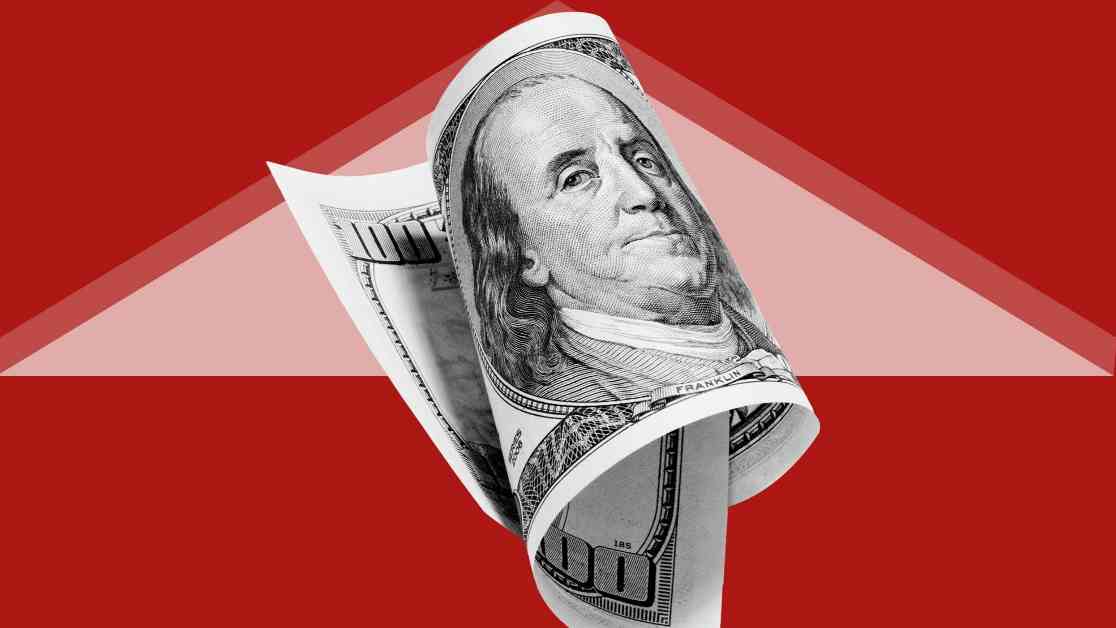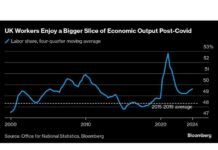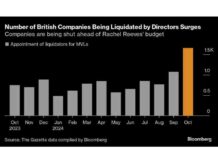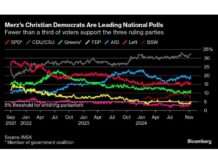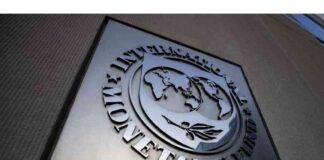President Trump’s promise to implement tariffs has had a significant impact on the value of the dollar. This move has led to fluctuations in the currency market and has raised concerns among investors and economists.
The imposition of tariffs on certain goods has caused the dollar to strengthen in recent weeks. This is due to the fact that tariffs make imported goods more expensive, leading to a decrease in the demand for foreign currencies. As a result, the value of the dollar has increased compared to other currencies.
However, this increase in the value of the dollar is not without its consequences. A strong dollar makes US exports more expensive for foreign buyers, which could potentially harm American businesses that rely on international trade. It could also lead to a decrease in demand for US goods and services abroad, impacting the overall economy.
Investors are closely monitoring the situation and are adjusting their strategies accordingly. Many are looking for safe haven investments to protect their assets from the volatility in the currency market. This has led to an increase in demand for assets such as gold and government bonds.
Economists are also weighing in on the potential long-term effects of Trump’s tariff policies. Some argue that while a strong dollar may benefit certain sectors of the economy, such as manufacturing, it could have negative repercussions for others, such as agriculture and technology. It remains to be seen how these policies will play out in the coming months and what the overall impact will be on the US economy.
Overall, President Trump’s tariff promise has caused a stir in the currency market and has raised concerns about the future of the US economy. Investors and economists alike are closely watching the situation unfold, hoping for stability and positive outcomes in the long run.

